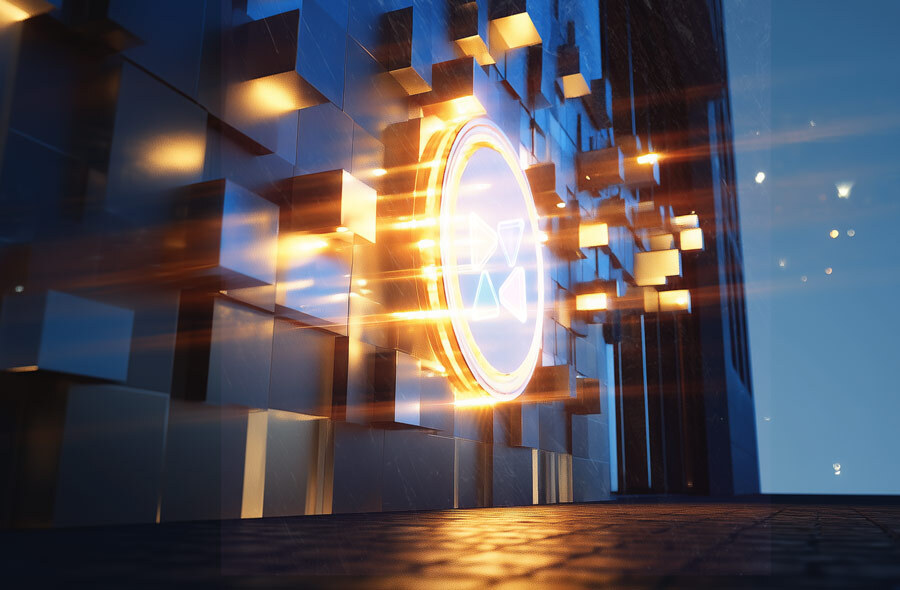Overcoming the Barriers of Cost and Location
RWA tokenisation democratises investment by lowering the barriers to entry. Traditionally, investing in high-value assets required substantial capital and often excluded smaller investors from participating. However, by tokenising assets, individuals can now gain fractional ownership in these assets with minimal investment, expanding access to lucrative opportunities. At the core of this development lie two fundamental advantages: lower minimum investment requirements, and reduced administrative burden. Lowering minimum investment thresholds further broadens participation, as investors can now acquire fractional tokens instead of entire assets, opening doors to a more diverse investor base.
Additionally, the tokenisation process significantly diminishes the administrative burdens associated with traditional investments. By conducting transactions digitally and recording them immutably on the blockchain, paperwork, legal documentation, and administrative overhead are streamlined, translating into tangible cost savings for investors.
Furthermore, traditional asset trading often encounters limitations within exchange market hours, constraining price discovery. By migrating assets onto the blockchain, flexibility and round-the-clock trading become possible. Moreover, asset tokenisation delivers enhanced flexibility and efficiency in trading. Unlike conventional exchanges with restricted market hours, tokenised assets can be traded 24/7, granting investors greater flexibility.

Asset tokenisation has the potential to dissolve geographical barriers, enabling investors worldwide to participate in previously inaccessible markets. For example, The traditional trade of gold is constrained by the immobility of bars or coins posing a considerable obstacle due to restricted market accessibility. The central issues associated with this are the intricate matters of storage and transport. Beyond simple logistics, the concept of security comes into play along with geographical limitations. Gold markets are typically localised and the product itself is cumbersome and highly sought after making it difficult and impractical to travel with, however, the conversion of physical gold into digital tokens removes these restraints.
Certainty Through Security
Another significant advantage of RWA tokenisation is its ability to streamline asset management through the use of smart contracts. These self-executing contracts automatically enforce the terms of agreements between buyers and sellers, ensuring smooth transactions and eliminating the need for intermediaries, reducing costs and reliance on third-party companies. Smart contracts also have features that are essential for safe and transparent transactions, bolstering customer confidence. Integrated seamlessly, these contracts mitigate the risks associated with fraudulent activities and safeguard the integrity of transactions.
Each transaction and contractual agreement is meticulously recorded on the blockchain, fostering transparency and audibility, while cryptographic techniques embedded within smart contracts fortify transactional security, rendering transactions immune to exploitation by malicious actors. With smart contracts, transactions are characterised by trustlessness, enabling parties to engage without the need for explicit trust, as reliance is placed on the inherent security of the blockchain network and the inviolable code of the smart contract.
Conclusion
The ramifications of RWA Tokenisation for individuals and businesses are enormous and profound, offering heightened liquidity, accessibility, and efficiency in asset management while offering a myriad of real and undeniable benefits for users.
Tokenisation is transforming our perception of and engagement with real-world assets. As this technology advances and evolves, the potential for RWA tokenisation to reshape the financial landscape truly knows no bounds.
THIS ARTICLE WAS INSPIRED BY DEFACTOR PODCAST EPISODE 8









